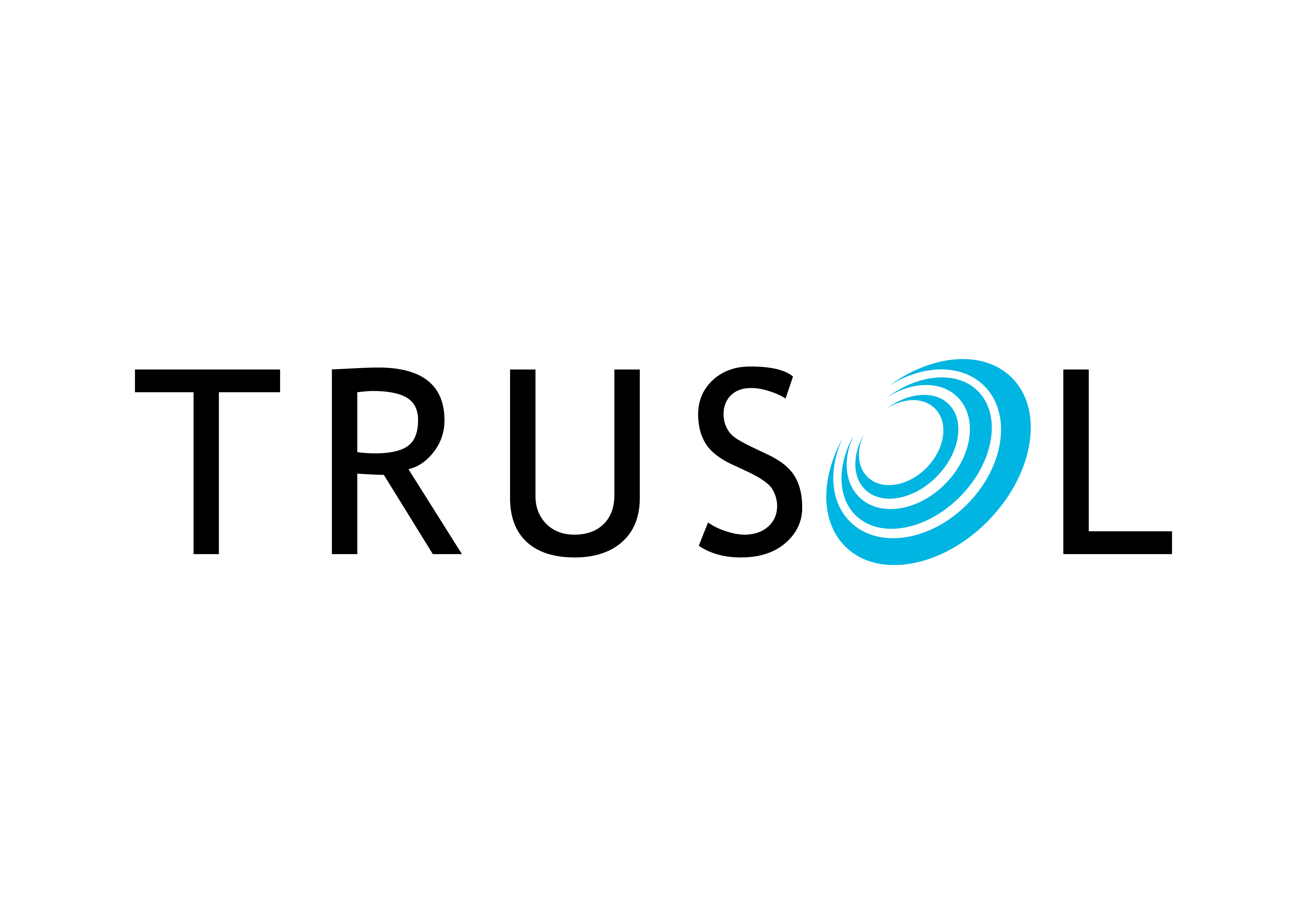
19 Nov Am I getting value for money from my schools Internet provider?
Following the recent BBC news report which covered concerns around competitive internet provision offers to schools in London and which questioned service costs being charged to schools by the current provider, London Grid for Learning (LGfL), some schools clearly have concerns.
Knowing that some schools are nearing the end of their initial 5 year LGfL contract term and that they need to be completely satisfied with the service provider they engage with, while demonstrating “value for money” in their future internet service provider selection process, some schools have contacted Trusol for some impartial advice.
For the majority of London based schools, they may have only ever known about the LGfL service options and have had no exposure of any of the competing offers from third party Broadband providers.
The BBC report, if nothing else, highlighted the fact that there are other organisations who are successfully offering fast, secure and filtered broadband services to schools across the UK, including some of the services included in the current LGfL service.
What the BBC report failed to do was to make a cost comparison of the service offerings from all parties on a level playing field.
As a brief background, LGfL is a council backed education trust, combining services procured competitively from Virgin Media and Atomwide to deliver managed Broadband contracts to over 2,500 schools across the 33 London Boroughs.
Other providers indicate that they can offer the same or better service to both primary and secondary schools in London at a much lower cost than currently paid to LGfL.
LGfL offers a fully protected, scalable internet service to schools in London as well as an extensive portfolio of included professional and educational services and learning resources.
These include but are not limited to:
- A leased line fibre optic connection via the Virgin Media infrastructure to a secure, private schools-only network.
- A physical firewall device, in school, protecting your network and computers.
- Various uncontended connection speeds (service contract specific) ranging from 10Mb per second download capacity through to Gigabit speeds along with matching upload speed.
- Email content control with LGfL Mail-Protect
- Sophos Antivirus – protection for all school hardware devices
- Mydrive Cloud based secure storage and file sharing – 500Gb per school sometimes allocated as 10Mb each for staff users & 5Mb each for students.
- Unified Sign On (USO) – A single username and password for every student and member of staff, granting access to all supported LGfL resources at school or at home.
- Access to an extensive range of educational content including lesson plans and Curriculum advisory online guidance.
On top of these services, LGfL also offer additional chargeable options including:
- Gridstore – Remote/Off Site secure backup.
- VoIP telephony
- Managed Wireless Services.
These services are offered to schools on a 5 year initial term contract basis from LGfL and while the historic costs of deployment needed to be wrapped up into the initial/current 5 year contract costs for all schools, reduction in the costs of service delivery over time along with the experience gained in providing the service to over 2500 schools for the past 5 years means that the costs for renewal of contract are being offered at a highly discounted price.
Many of the competitive services through third party Broadband providers offer alternative services on either a leased line uncontended service (whereby cost savings are not so different to those from LGfL) or on a fibre to the cabinet (FTTC) connection whereby service contention may need to be considered, depending on the service provider being considered.
FTTC Broadband delivery can be offered to schools at a significantly lower cost than those being offered by LGfL for the expensive un-contended leased line services.
While many of the third party providers can offer a web filtered internet service to schools and include email hosting as standard, many of them do not include some of the other LGfL services such as Antivirus protection, cloud based storage via USO style accounts or any educational content/resources.
These FTTC Broadband services are generally offered to schools on an annual contract basis at varying download speeds up to 80Mbps and upload speeds up to 20Mbps. The costs of these FTTC services might initially appear to be as little as half the annual price of the fully supported LGfL service. However, consideration needs to be given to the costs for whole school antivirus subscription as well as any cloud based secure user storage space which may be needed.
These competing FTTC services are not generally provided to schools over a Virgin Media fibre optic connection and therefore require a new cable connection to be installed (usually from BT) into the school network environment.
These installations are organised by the selected service partner and the relatively small costs of installation included into the first annual service charge. Quarterly line rental costs are generally billed to the school directly by BT.
While this document is not specific to the exact inclusions, pro’s and con’s of competitive school internet offerings,Trusol will be happy to offer your school as much independent advice about the various services available in order that you are better placed to make a more informed decision regarding your selected internet provider for the future.
Please feel free to call us on 08456 121222 or email info@trusol.com.

